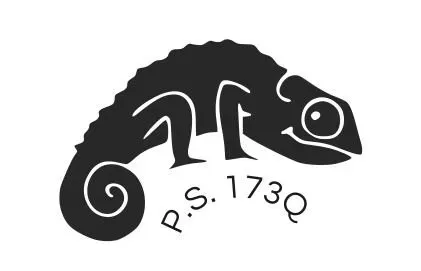Music
Music class focuses on the development of individual musicianship, skills, and knowledge in the discipline, and their relationships with other content areas.
THE FIVE STRANDS OF LEARNING IN MUSIC
I. Music Making
By exploring, creating, replicating, and observing music, students build their technical and expressive skills, develop their artistry and a unique personal voice in music, and experience the power of music to communicate. They understand music as a universal language and a legacy of expression in every culture.
II. Music Literacy
Students develop a working knowledge of music language and aesthetics, and apply it to analyzing, evaluating, documenting, creating, and performing music. They recognize their roles as articulate, literate musicians when communicating with their families, schools, and communities through music.
III. Making Connections
By investigating historical, social, and cultural contexts, and by exploring common themes and principles connecting music with other disciplines, students enrich their creative work and understand the significance of music in the evolution of human thought and expression.
IV. Community and Cultural Resources
Students broaden their perspective by working with professional artists and arts organizations that represent diverse cultural and personal approaches to music, and by seeing performances of widely varied music styles and genres.
V. Careers and Lifelong Learning
Students consider the range of music and music- related professions as they think about their goals and aspirations and understand how the various professions support and connect with each other. They carry physical, social, and cognitive skills learned in music, and an ability to appreciate and enjoy participating in music throughout their lives.
